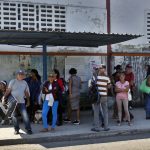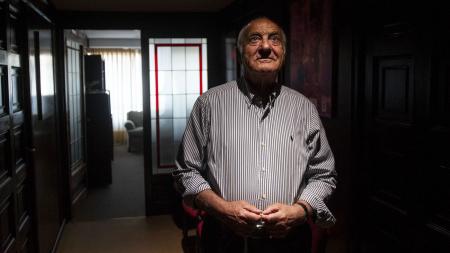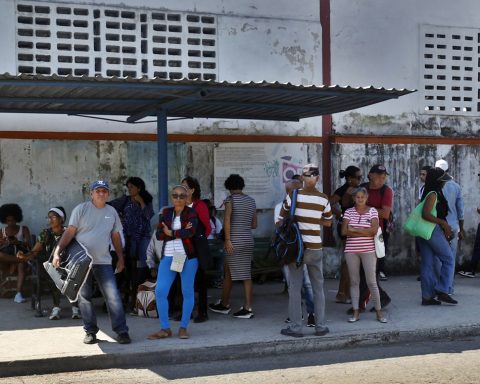Asked about the latest data, the economist said that the last three measurements show inflation “falling down”. (…) It allows us to give some relief to see that the trend is convergence towards the goal we are looking for, “he said at a press conference.
Next week they will meet again Monetary Policy Committee (Copom), and in that instance it must be resolved what will happen to the interest rate. On this point, Labat stated that it is not planned to make changes in that instance.
“In principle, what was raised in the last committee is that new rate increases would not be expected,” said. consulted by The Observer Regarding whether there is a possibility of a rate drop, he replied: “In principle, the rate would be maintained at (current) levels.”
On December 30, the Copom raised the monetary policy interest rate (TPM) by 25 basis points (0.25%), up to 11.5%, seeking to anchor the inflation expectations of economic agents. He also pointed out that in the current context he would pause the adjustment in the coming months.
Inflation expected by analysts’ median over the 24-month horizon stood at 6.6% in January, from a previous 6.8%, according to the BCU survey. In the case of businessmen, they project inflation of 8% for the same horizon and 8.5% for the current year, from a previous 8.9%, according to the latest survey released by the National Institute of Statistics (INE). ).
During the Copom in December, the BCU technicians had recommended an interest rate adjustment of 50 basis points, but the Board opted to do so by 25 basis points, El País reported this week. Thus, the rate went from 11.25% to 11.5%.
On the other hand, the economist Javier de Haedo claimed this week on Carve radio that there is a “notorious” exchange rate lagwhich the Central Bank itself recognizes and which is having an influence on “cooling off” the economy.
In this sense, he expressed that he hopes that the “BCU Board of Directors will once again have the “sanity” that he had “to not take full aim at technical services” previously and lower the monetary policy rate, between a quarter and a half point next week.
“One sees a 19% drop in the real exchange rate with outside the region. What spectacular thing happened in Uruguay for our currency to strengthen so much against the rest of the world? There is no logical answer to that. There was self-inflicted damage from the policy mix, with monetary policy being excessively tough,” he said.

















